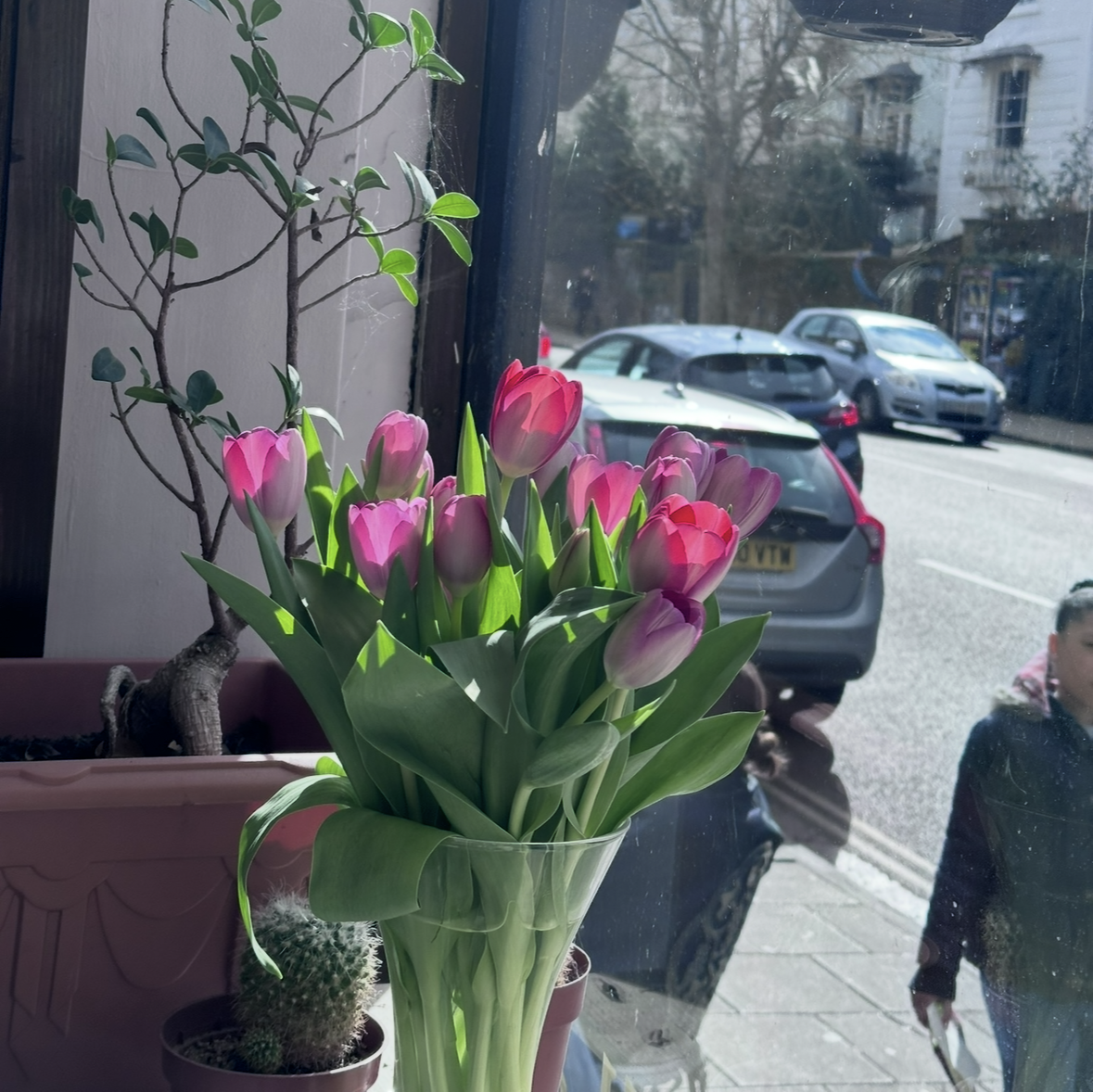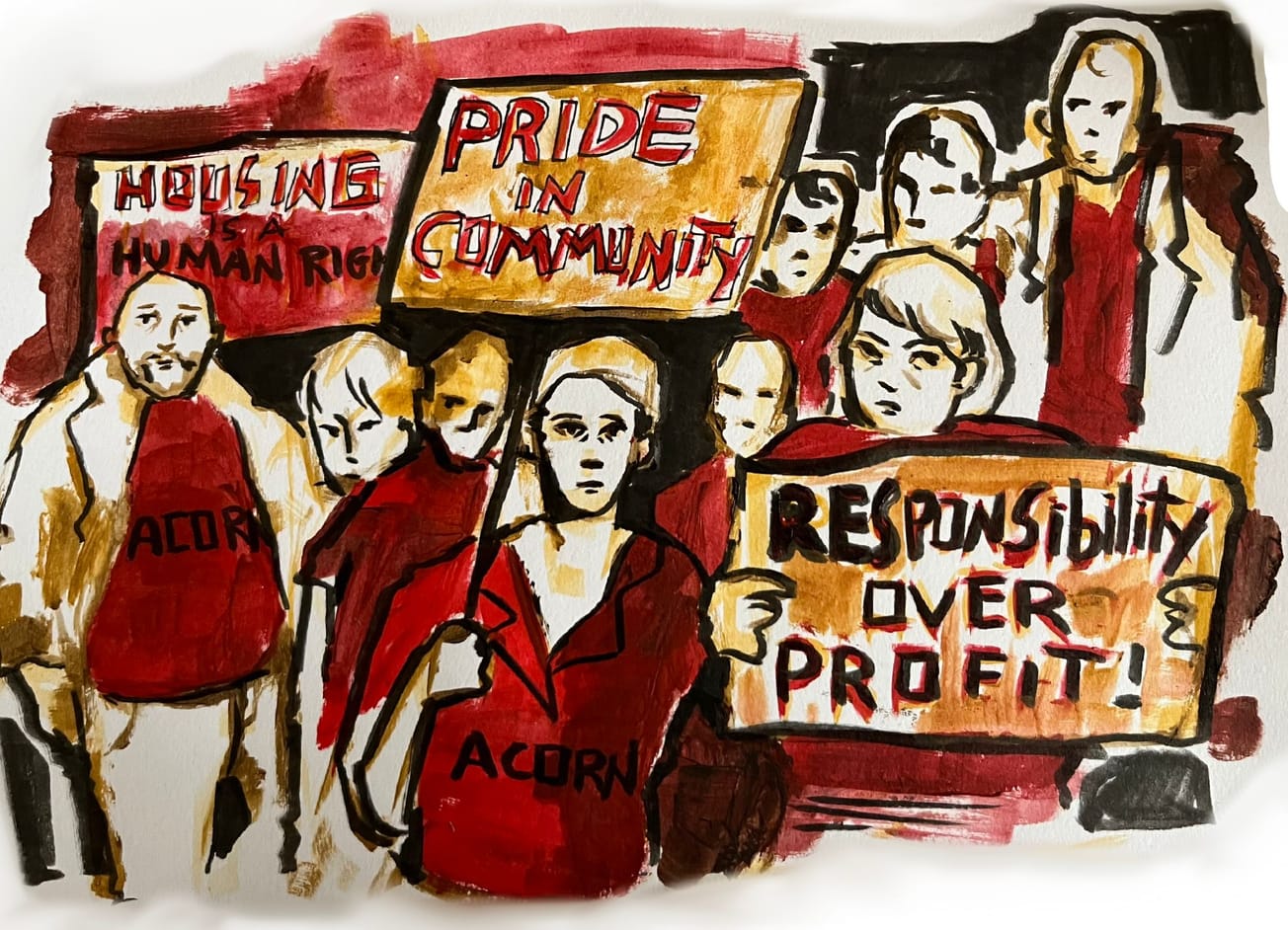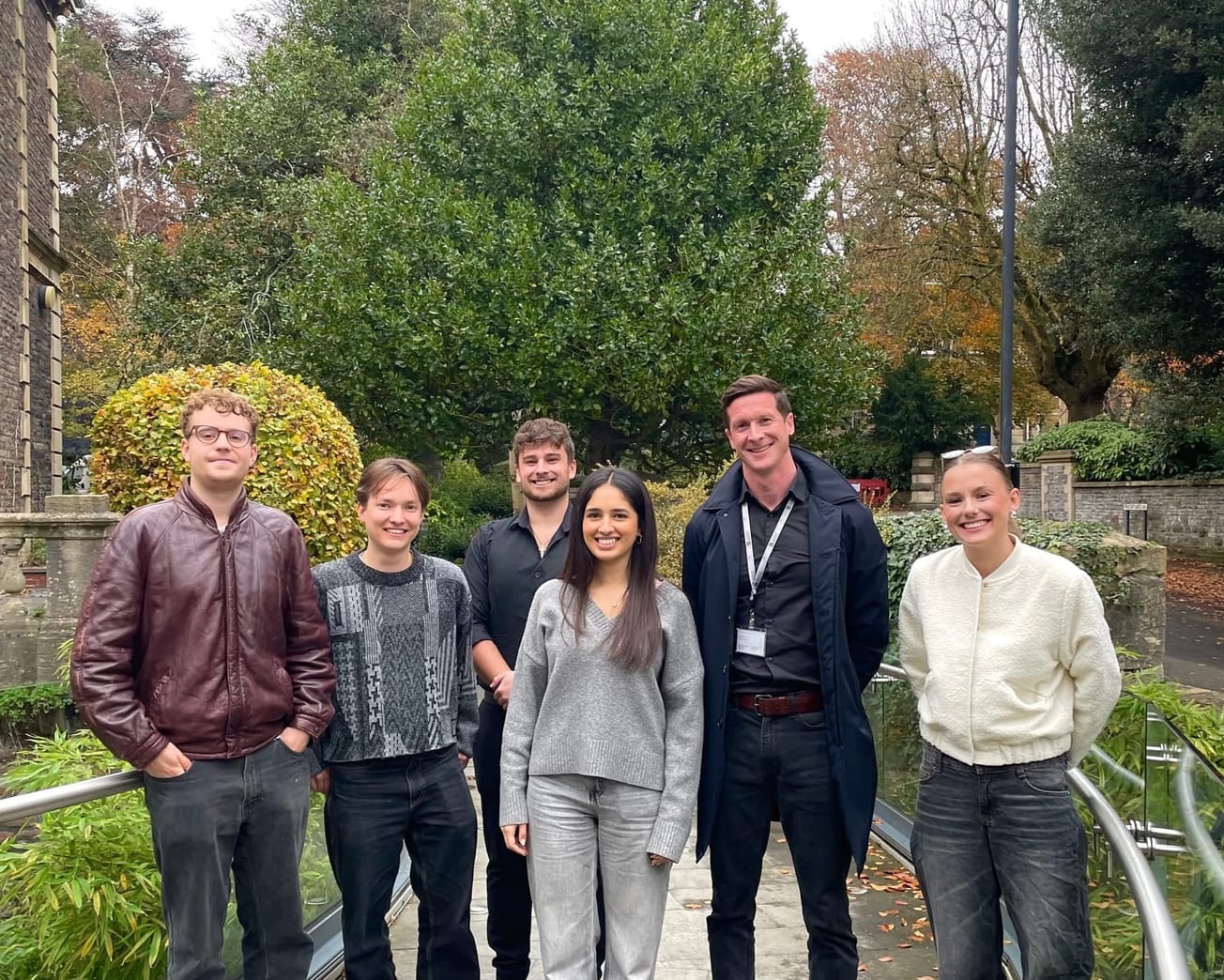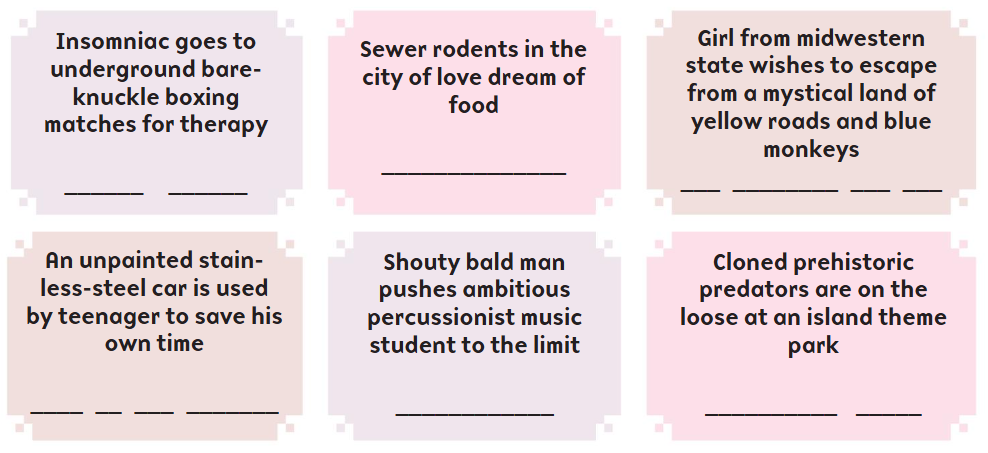By Rosie Neville, Final Year Economics and Politics.
Bristol’s Clean Air Zone (CAZ) - which opened on Monday the 28th of November - will introduce daily charges for older, more polluting vehicles driven in the city centre and harbourside area. It is being introduced to improve air quality in Bristol - specifically to reduce nitrogen dioxide (NO2) levels - after it was found that Bristol was in breach of the annual objective limit for NO2, set at 40µg/m3.
Epigram reached out to Carla Denyer, who was elected as the co-leader for the Green party in 2021, to hear her thoughts on the Clean Air Zone. She has been a Bristol city councillor since 2015 for Clifton Down and is credited with putting forward the motion that made Bristol the first city in the UK to declare a climate emergency. In 2022 she was listed in Vogue’s list of The Year’s 25 Most Influential Women, alongside Emma Raducanu, Nazanin Zaghari-Ratcliffe, Emma Thompson, Victoria Beckham and Queen Elizabeth II.
Criticism of multiple delays
When Epigram asked if the CAZ is ambitious enough to tackle Bristol’s breaches of the annual objective for NO2, Denyer pointed out that the multiple delays and false starts to the proposed scheme have had real-life consequences.
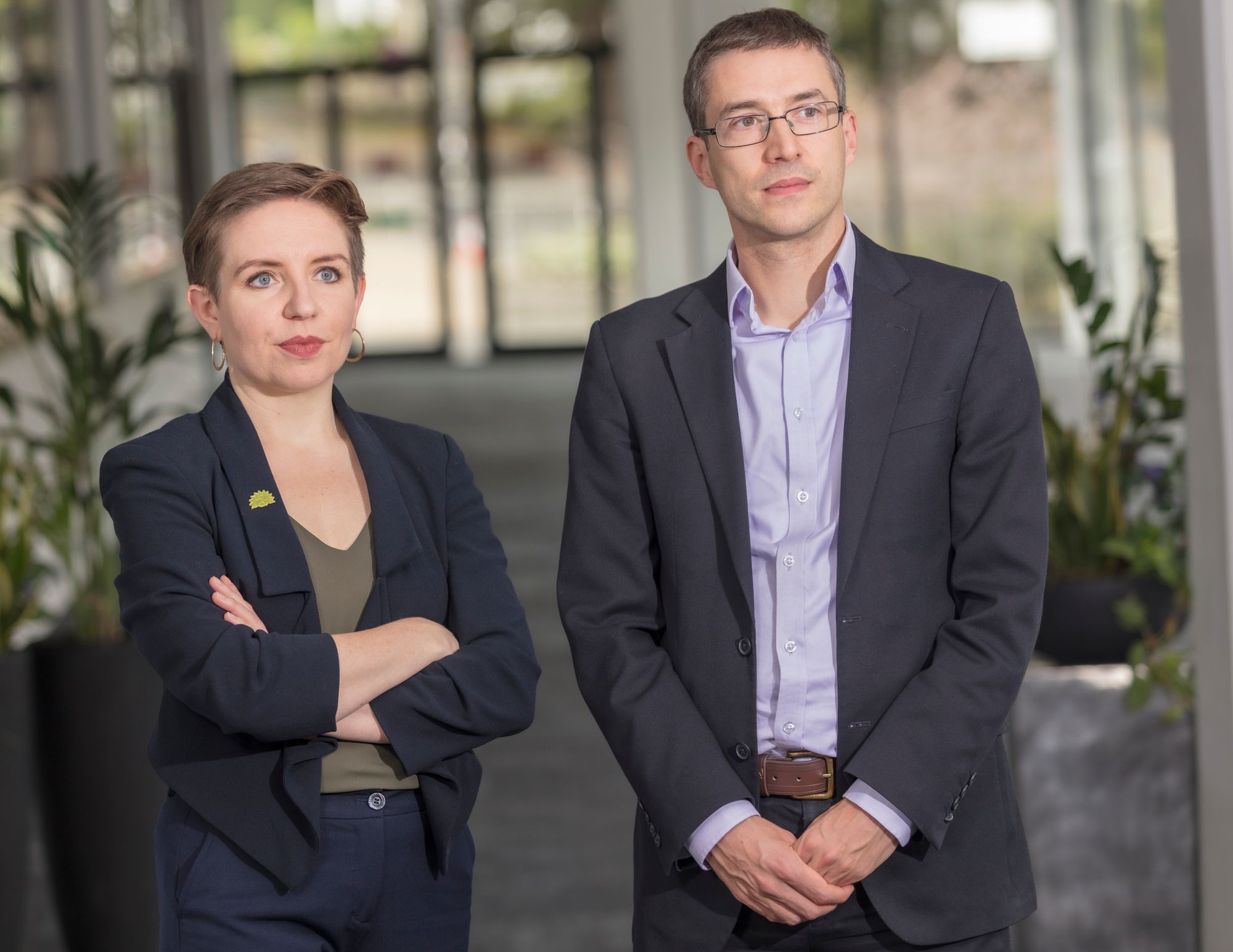
The scheme has been controversially delayed several times. In April 2020, the council were told that they should introduce the scheme with “additional measures” by April 2021 “at the latest.” The CAZ officially began on Monday the 28th of November 2022.
CD: ‘The main problem with Bristol’s Clean Air Zone is the enormous delay in its implementation. Bristol’s Green Party councillors ran a campaign calling for Bristol to have a Clean Air Zone back in 2016. We proposed a motion at a Council meeting which passed, which should have meant that work started straight away. However, in the six years since, the Labour administration and the Conservative government have both dragged their feet.’
‘Nobody would accept six years of failure to act if polluted tap water was leading to hundreds of deaths per year. This isn’t your typical politician's ‘dither and delay’, it has terrible, real-life consequences. Estimates are that 300 lives are lost every year in Bristol due to the toxic air quality. Some of the city’s poorer areas are the most affected, recording as many as 10% of deaths linked to air pollution.’
‘The legal minimum still means negative impacts on people’s health’
For example, Lawrence Hill is the second most deprived ward in the city. It is surrounded by busy through-roads and the mortality rate from air pollution-related illnesses stands at 10.8%. It has some of the highest levels of hospital admissions for lung disease, and the highest level of hospital admissions for childhood asthma.
‘It shouldn’t just be about doing the legal minimum’
Whilst Carla spoke in support of a Clean Air Zone, she suggested it is not comprehensive enough to tackle the high air pollution levels. What is needed is ‘A major upgrade of Bristol’s transport’ which would help the reduction of pollution levels.
CD: ‘The Labour Mayor has claimed clean air will be at legal levels by 2023. Despite this target not changing, it does seem unlikely that this can be implemented given the delays experienced and alterations made to the scheme. The decision by the Council to have a smaller zone and only to charge some cars does make it less ambitious. It also means there will be air pollution increases at key corridors and pinch points that are currently left out of the CAZ, as some traffic goes around the zone to avoid entering it. It seems likely, however, that most sites in Bristol will meet the legal target eventually, as the CAZ measures will hopefully drive behaviour change around the city. In short: it may just be ambitious enough to meet legal requirements, but the legal minimum still means negative impacts on people’s health.’
‘As in many other cities, the Clean Air Zone being introduced in Bristol is required to address Nitrogen Dioxide targets set by the government. But there are problems with this. There is no safe level of NO2. The CAZ aims to get NO2 pollution down to legal levels, which is not the same as safe levels.’
‘Clean air measures don’t only save lives, they can also support the local economy, improve quality of life and make it easier for all of us to get around our cities’
‘NO2 is just part of the problem. Whilst NO2 is mostly emitted by large goods, vehicles and diesel cars, particulates like PM2.5 are produced by almost all road vehicles including electric cars. These particulates are emitted from brake dust and tyre rubber, the burning of solid fuel, and dust from construction sites and generators.’
‘To bring down the deaths and disease caused by air pollution we need to tackle both NO2 and particulates. This is why the Green Party have previously called for a stronger and more comprehensive CAZ in Bristol, one that goes beyond a short term fix to improve health and quality of life for the whole city.’
‘Achieving genuinely clean air will take more than just charging old petrol and diesel cars, as even vehicles compliant with clean air zones produce dangerous amounts of particulate pollution. That’s why the Greens are calling for a major upgrade of Bristol’s transport, with safe connected cycling routes, a joined up and efficient bus network and a levy on corporate parking to raise funds for more improvements.’
Around six million people aged over 65 in England are at high risk of lung damage and asthma attacks because of toxic air, according to a new report.#AirPollution #anapneism https://t.co/27kVLyq84g
— Sotirios Papathanasiou (@SFotonium) February 11, 2021
‘When done right, clean air measures don’t only save lives, they can also support the local economy, improve quality of life and make it easier for all of us to get around our cities.’
‘Bristol City Council is not doing enough to ensure that the Clean Air Zone is inclusive’
Disability campaigners united outside City Hall on the 18th of October to highlight how current plans for Bristol’s clean air zone will detrimentally impact disabled communities. When asked whether Bristol City Council (BCC) was doing enough to support the disabled communities who will be affected by the CAZ, Carla was resolute in her response.
CD: ‘BCC is not doing enough to ensure that the Clean Air Zone is inclusive. For example, blue badge holders are only exempt from the Clean Air Zone charges for the first few months. While some disabled people can use public transport - more could if accessibility was improved - others will always need to use a specially adapted car, so it is unfair to charge them for this.’
‘Given how long the CAZ has been in the planning, sufficient adjustments have not been made to accommodate the needs of disabled people, many of whom are among the most disadvantaged in the community. The Bristol Disability Equality Forum are deeply and rightly concerned that the plans and exemptions for disabled people will deny many of them access to the city, as many are on low incomes and will not be able to afford to upgrade their cars in the foreseeable future.’
‘We appreciate that this is not all in the control of the local authority and also appreciate the difficulties in making exceptions (the Council has to apply to the Government for every exemption). Too many exemptions could undermine the scheme and would be an administrative burden. However, whilst there are 19,000 blue badge holders in Bristol, the Equality Impact Assessment doesn’t tell us how many have non-compliant cars and how many journeys will be generated if we are to allow an exemption. To date, only 700 blue badge holders have applied for the existing exemption, so journeys by ‘dirty cars’ may not be significant.’
‘Green councillors have supported and shown solidarity with BDEF by joining their demonstration outside City Hall and raising their concerns with the Mayor in a council meeting last month.’
A large group of @bristolgreen councillors stepped out of a meeting at City Hall briefly this afternoon to meet with @BDEFbites members.
— Carla Denyer (@carla_denyer) October 18, 2022
Cllr @tim_wye and I updated them on the Mayor's response to their requests (https://t.co/s53ZAPF9E0) for a more inclusive #CleanAirZone https://t.co/RjgnWpUvwV pic.twitter.com/LxQg4xIYOJ
Impact on Business
When asked whether Bristol City Council (BCC) was doing enough to support the businesses that will be impacted from the CAZ, Carla stated that ‘It is too early for us to tell’, though she highlighted how the council’s indecisiveness has made it difficult for businesses to plan in advance.
CD: ‘Given that 70% of vehicles in Bristol currently meet the standards, it is unlikely that the effects will be too widespread as most businesses will be up to date and most customers will be unaffected. A citizens science survey by people in Totterdown, for example, found that none of the many HGVs coming down Wells Road (90% of them were found to be using Bristol as a cut through to the motorway from Somerset) will be affected by the CAZ as they are all compliant.’
‘However, the indecisiveness in approving the zone has had a negative effect on businesses, who lack the clarity they need to make long-term decisions.’
Bristol’s Clean Air Zone will undoubtedly be an inconvenience for many drivers. But there are areas of our city centre that have illegal levels of air pollution. A little inconvenience pales into insignificance against the need for cleaner air. pic.twitter.com/hWXKmojUbD
— Martin Booth (@beardedjourno) November 28, 2022
‘The delay has meant that the council themselves have been racing to catch up, straining council staff who with more time could have been planning complementary measures - such as a more strategic roll-out of electric charging points. The lack of investment in these areas has held back many individuals and businesses in replacing their internal combustion vehicles. The bus companies have thankfully been investing in new buses, with a modern ‘Euro 6’ bus emitting less at the tailpipe than a Euro 6 car. We would have liked to have seen more done to encourage a model shift to public transport.’
‘We would also like to see a large expansion of freight consolidation and carbon-free last-mile deliveries. This is relatively simple and something the Council has been talking about for some time.’
The right to breathe clean air as a basic human right
Unprompted, Carla Denyer was keen to elaborate on what the Green Party is doing nationally.
CD: ‘The Green Party is calling for local councils and the national government to go much further to protect our health.’
Interview: Talking COP26, the climate crisis and university activism with co-leader of the Green Party Carla Denyer
Bristol's Clean Air Zone launches after multiple delays
‘Baroness Jenny Jones, a member of the green party who is currently serving in the house of lords, has tabled a Clean Air Bill, known as Ella’s Law, which if passed could protect thousands of unnecessary early deaths from air pollution every year.’
‘Ella’s Law would force the Government to act to bring air quality in every community up to minimum World Health Organization (WHO) standards. This would establish the right to breathe clean air as a basic human right, meaning people no longer have to breathe air that seriously damages their health.’
Featured Image: Flickr / Bristol Green Party
Do you think Bristol's Clean Air Zone is comprehensive enough?



